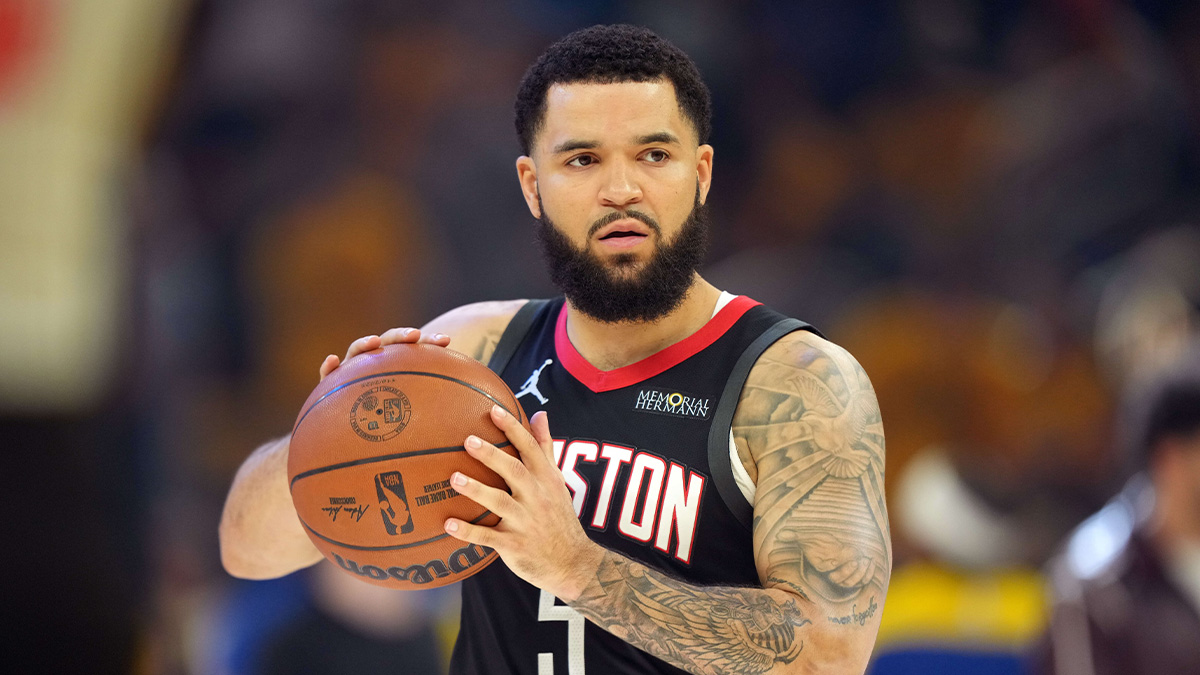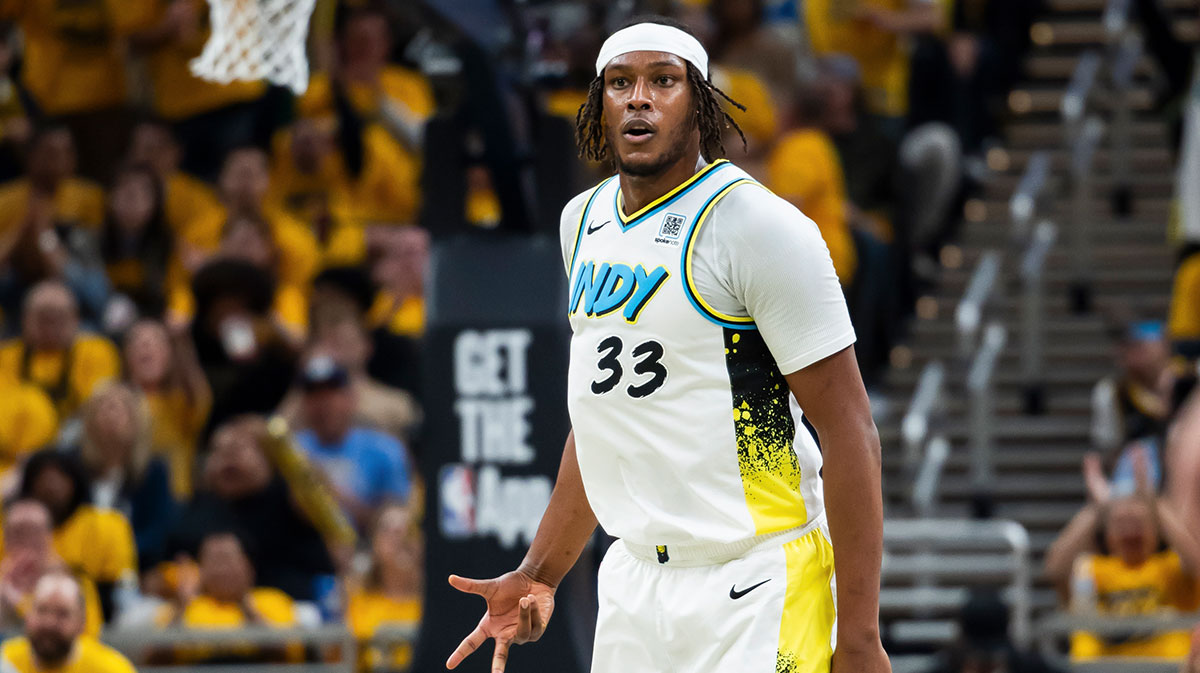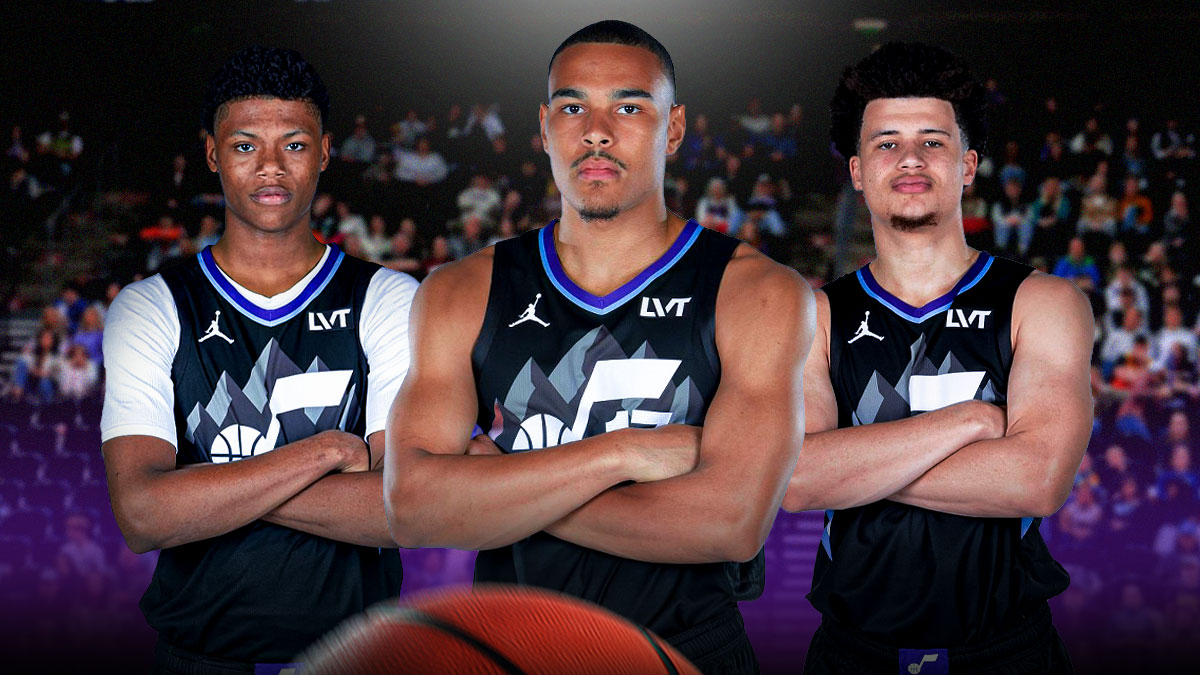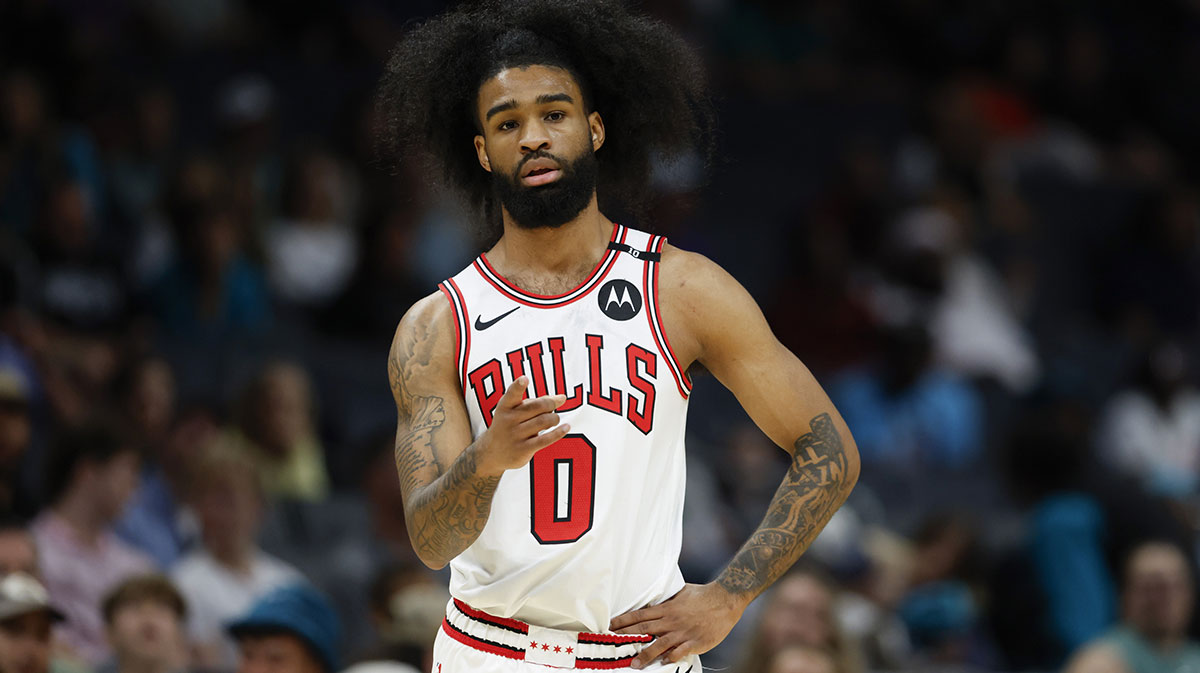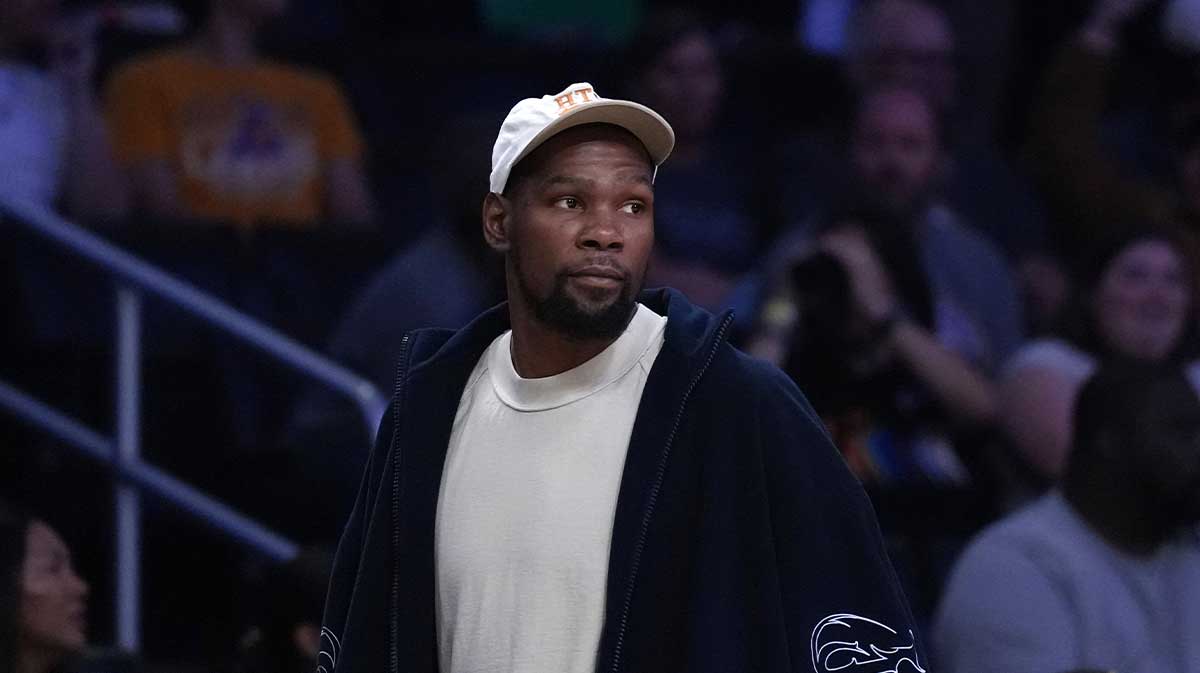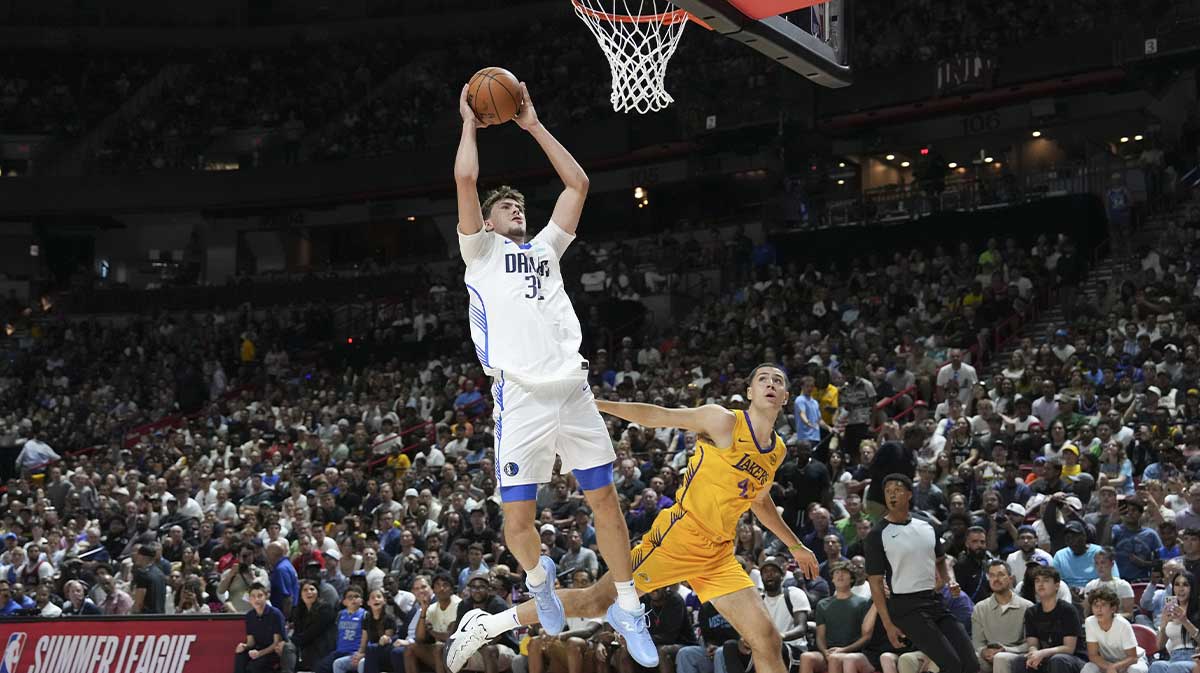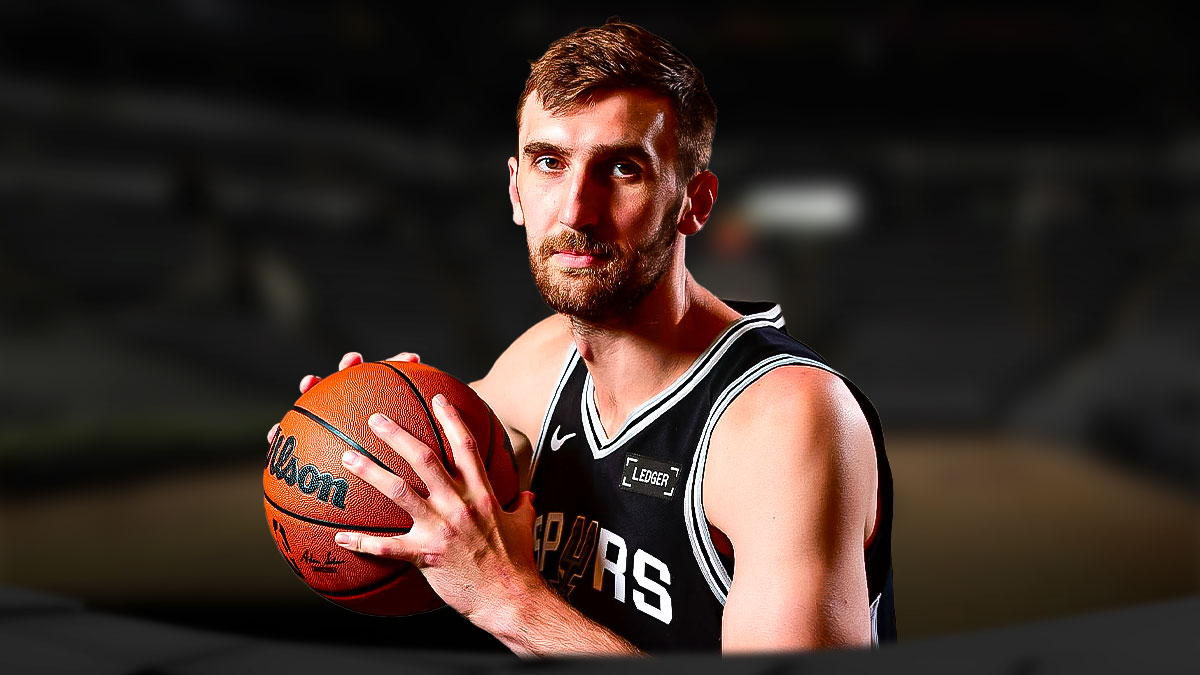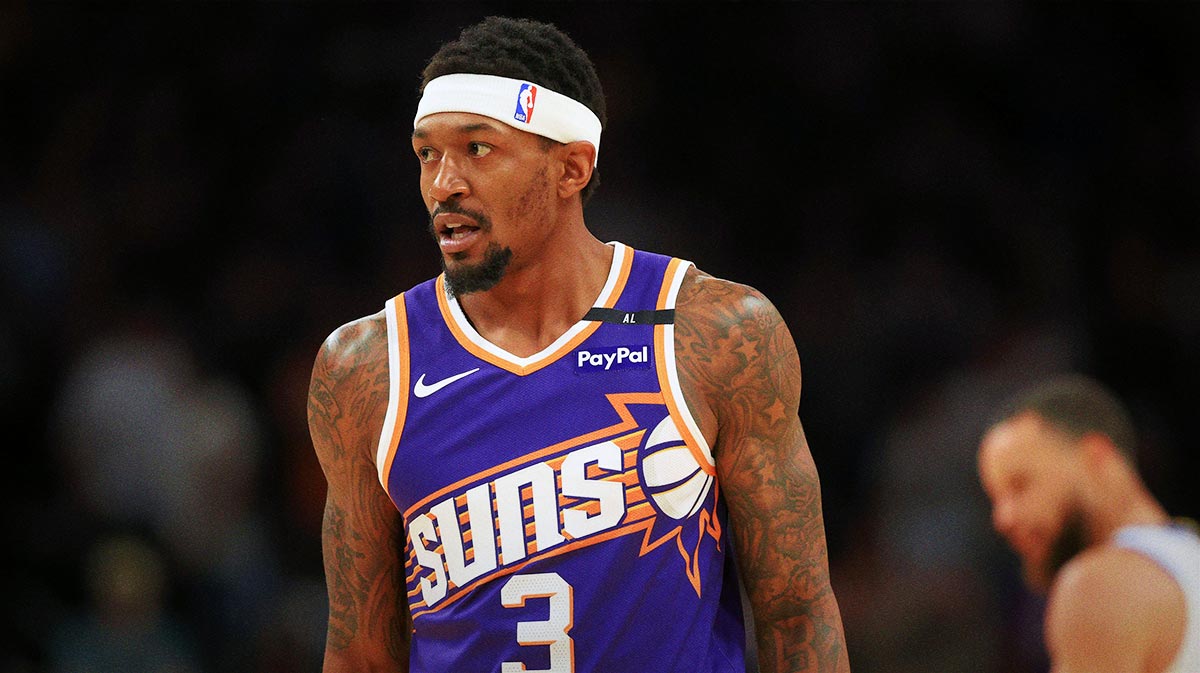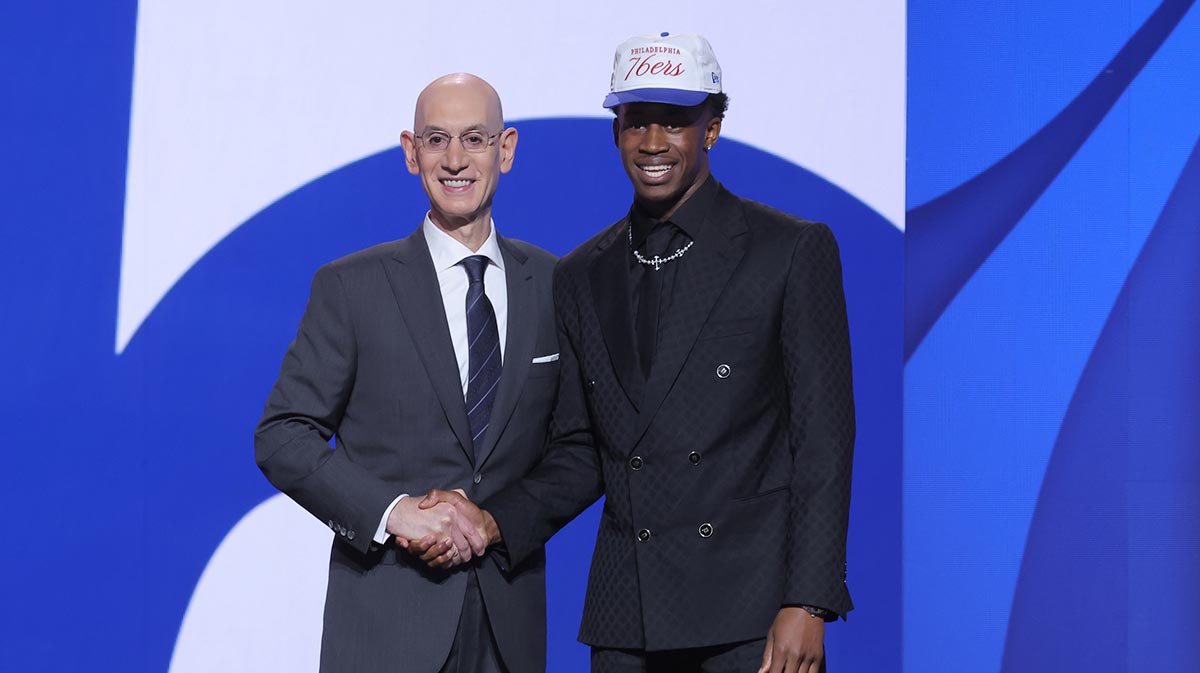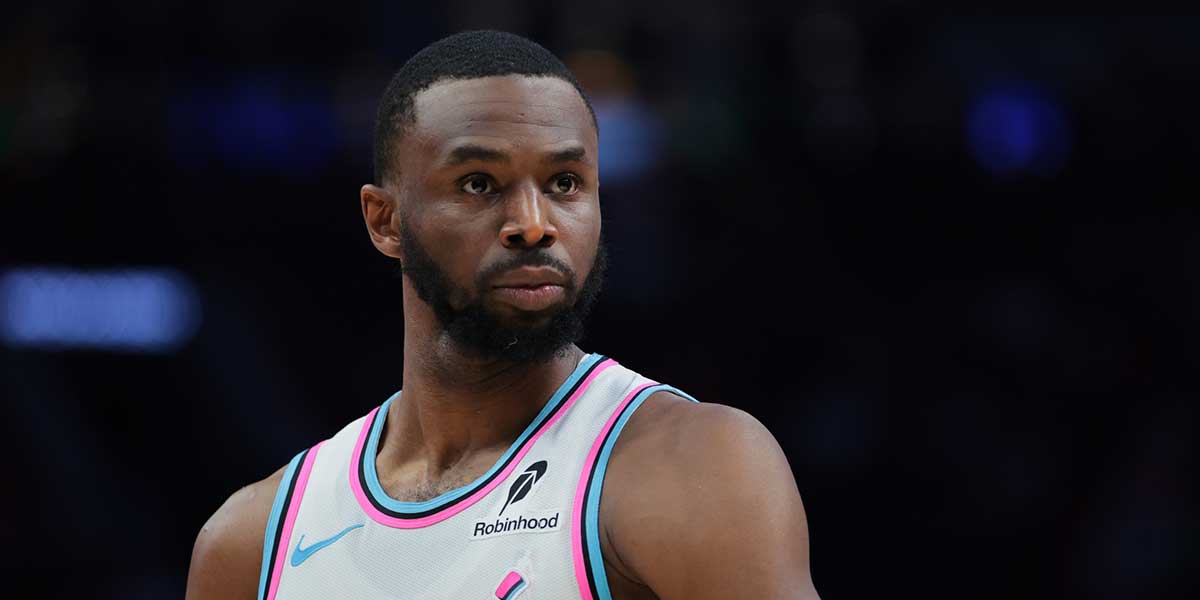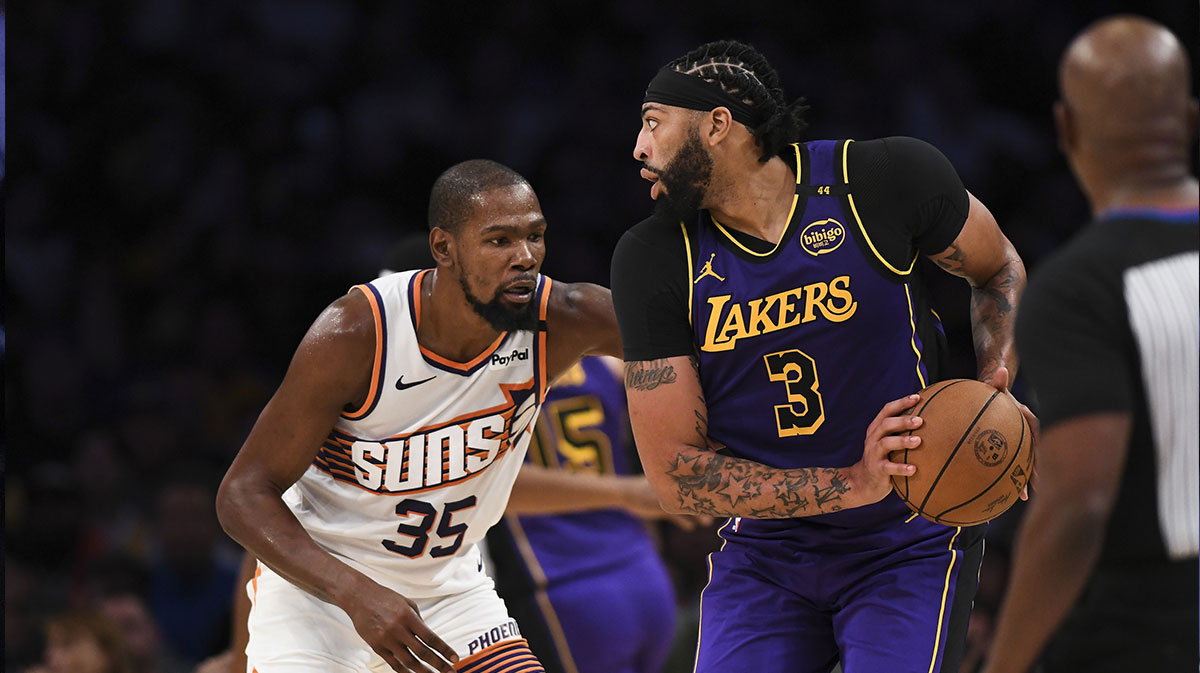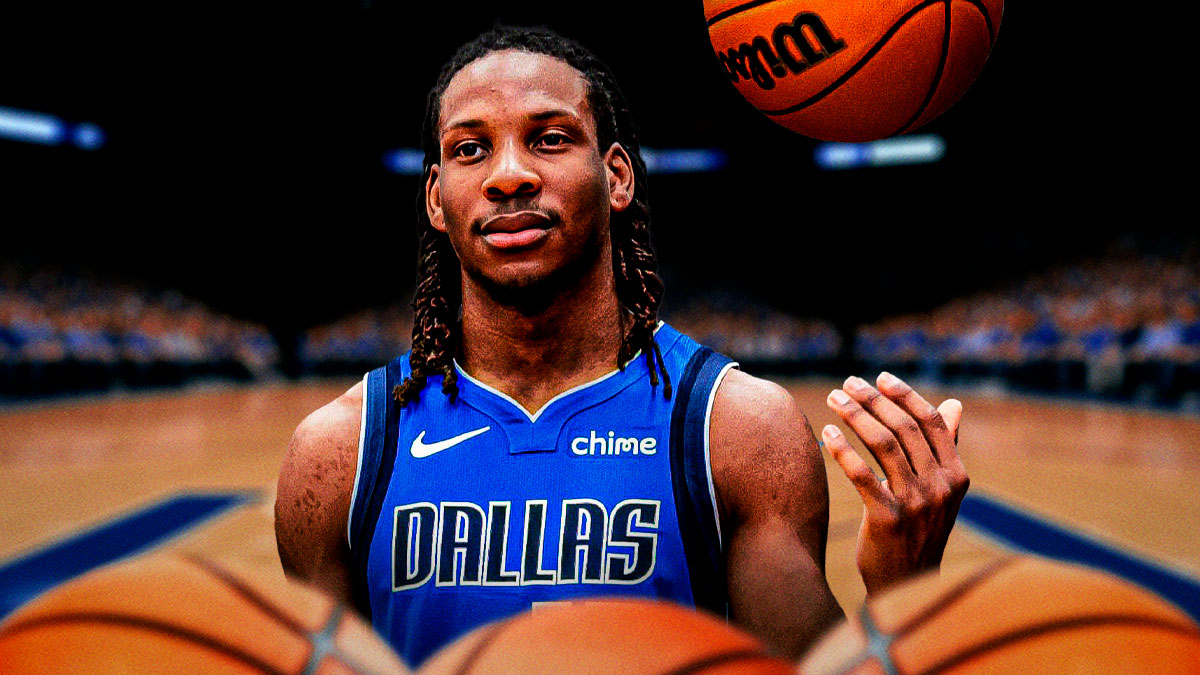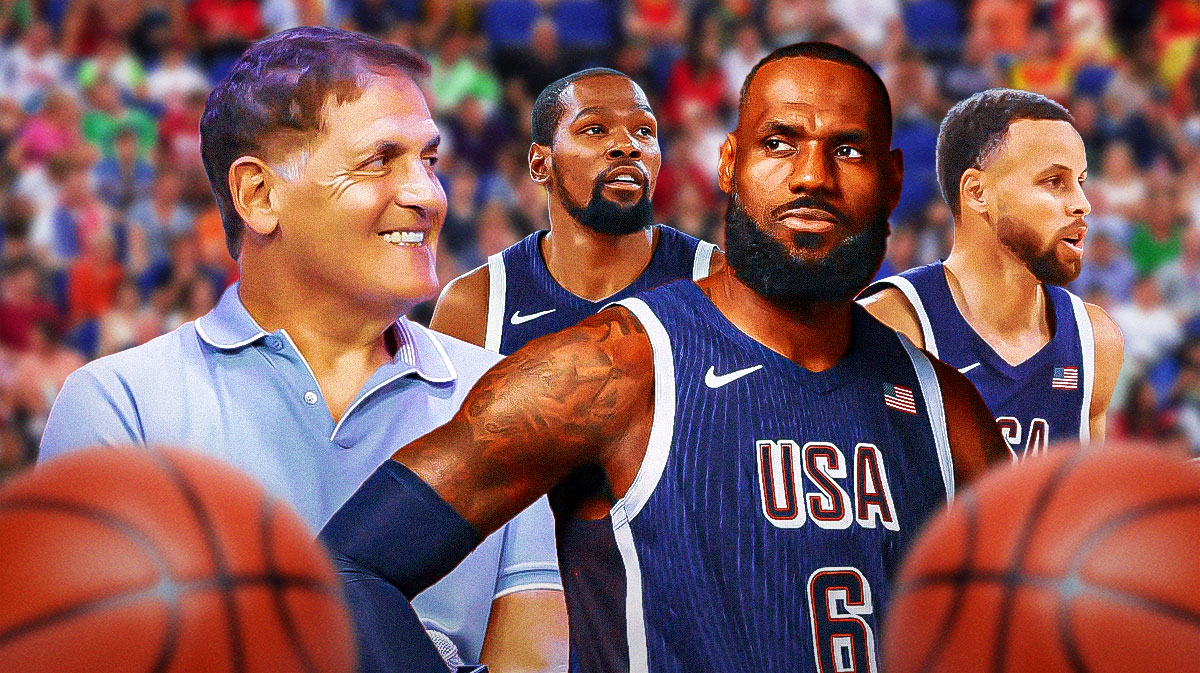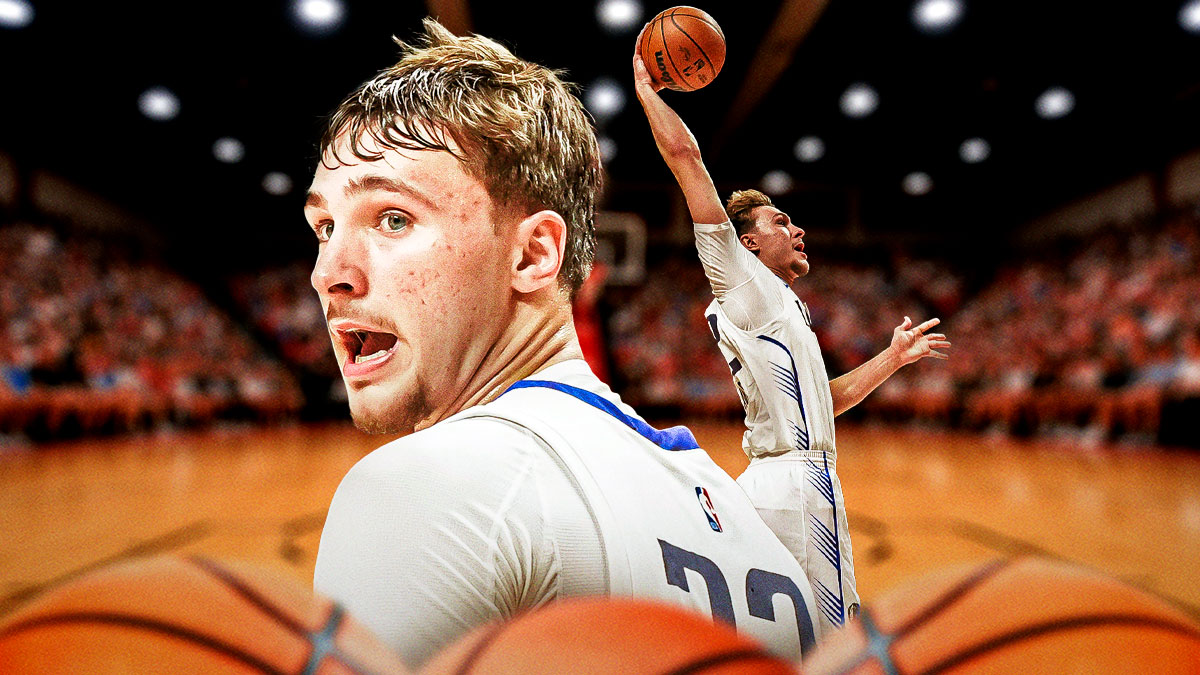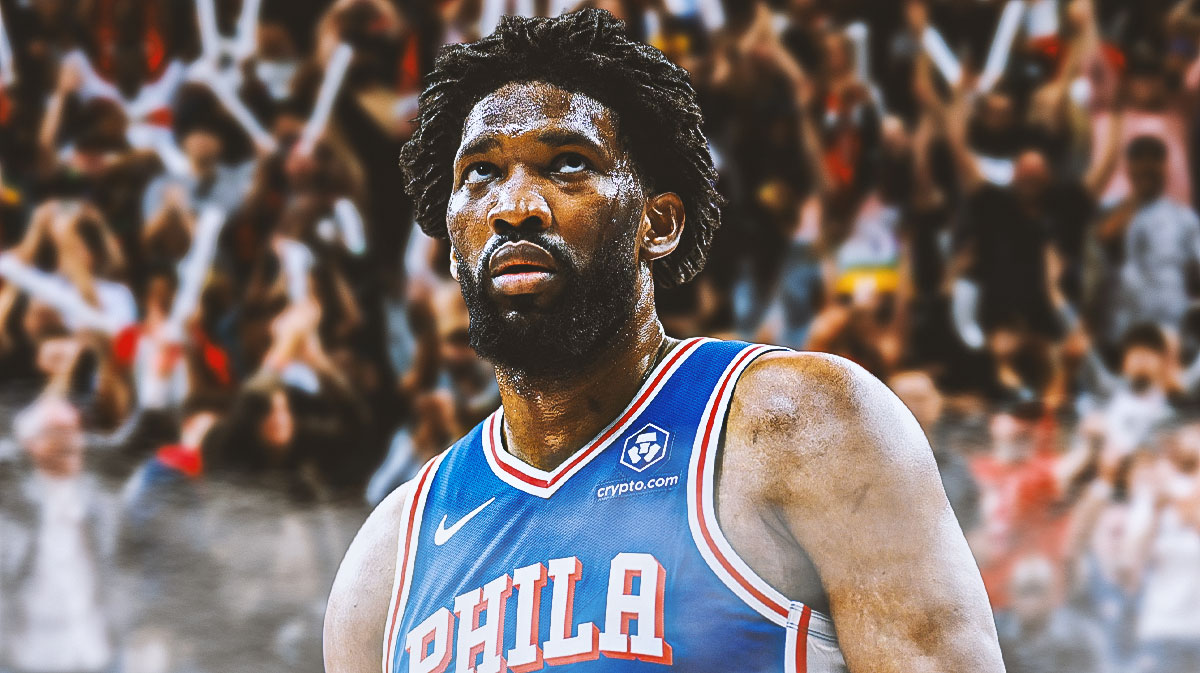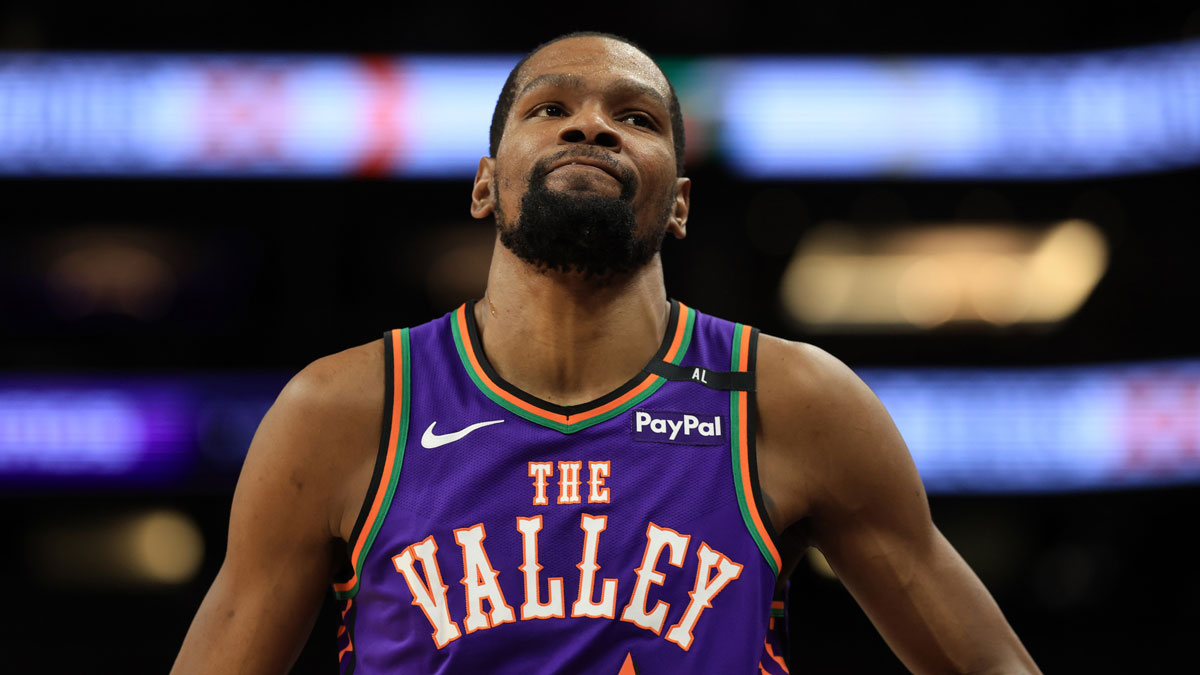Michael Jordan was fortunate his playing days came to an end in 2003, before the start of MySpace, Facebook, Twitter, Instagram, and many other social media that now have integrated with sports almost organically as years have passed.
Athletes can no longer just refused to read the paper or the tabloids, but are at times inundated with comments from a myriad of people with differing opinions — a state of constant warfare between a keyboard, a phone, or a screen.
“I don’t know if I could’ve survived in this Twitter time, where you don’t have the privacy that you would want and what seems to be very innocent can always be misinterpreted,” Jordan told Cigar Aficionado.
While Jordan was making reference to the fall of Tiger Woods, who reigned supreme as the top golfer for roughly a decade, saw his image take a dive like no other prime time athlete has seen it fall.
Many around the NBA have faced the same fate, through one way or another — and many face consequences of this never-ending cycle of information that is readily available at the press of a button.
Athletes are scrutinized more than ever, not just on how they play, but on what they say, what others think they say, or their political and/or moral beliefs.
It's certainly a different era, and one Jordan perhaps wouldn't have survived in — as even the greatest of stars have a breaking point when faced with a never-ending thirst for information.

